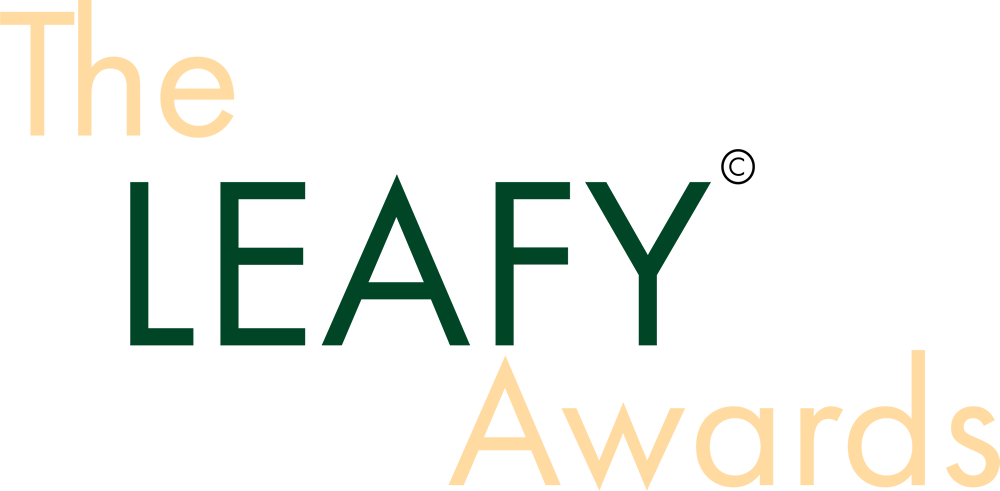We have researched all the businesses that appear on the Semi-Certified Network as we would in our certification process. The difference between our Certified and Semi-Certified Network is that we haven’t had the appropriate contact time with semi-certified businesses to ensure our research is correct and findings genuine – a key process in ensuring the Certified Network’s integrity and our accountability for trust in our certifications.
We’d also like to reaffirm that though this is our initial step to market, this network does not violate our upstanding code of ethics which we hope to build your trust upon, and that this network is not built to drive the modern interpretation of profit.
The rising demand for ethical business has come with much discussion on the subject and an article was recently released on Forbes talking about ESG investing, which is the investment in companies whose ethics and purpose are generally geared towards influencing environmental and social good. This is a great concept as investment in ethical businesses can be key for them to survive, with cash flow issues being all too common when refusing to cut corners.
Unfortunately, investment in such businesses can be very tricky to do with the volume of green noise coming from big ticket businesses. Also for the investment in an ESG company to be ethical, make a difference and not be anything but rent-seeking, it requires the investment to be real and not through stocks or something similar.
The article also discussed the concept of ‘conscious capitalism’ coined by an expert from the field that gave us green noise, marketing professor Raj Sisodia, and founder of Wholefoods, John Mackey. Conscious capitalism is “the belief that companies should act with the utmost ethics while they pursue profits” which we at Greenleaf see as a stone’s throw from a utilitarian act-first, justify-later moral code.
At Greenleaf, we believe that profits should only be pursued if the means of creating and the thing generating profit falls without the bounds of the utmost ethical standing.
Whilst the semi-certified network is designed to inform and guide our users, we do not seek financial value from it ourselves as a business. It’s semi-certified nature and therefore it’s potential liability- however minimised by our research- means that, ethically, we never could, and so will never seek to make profit from it’s provision.





